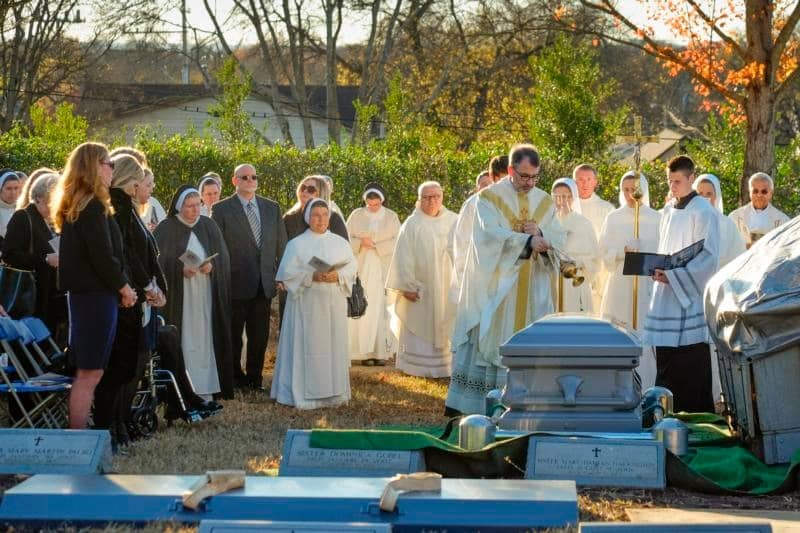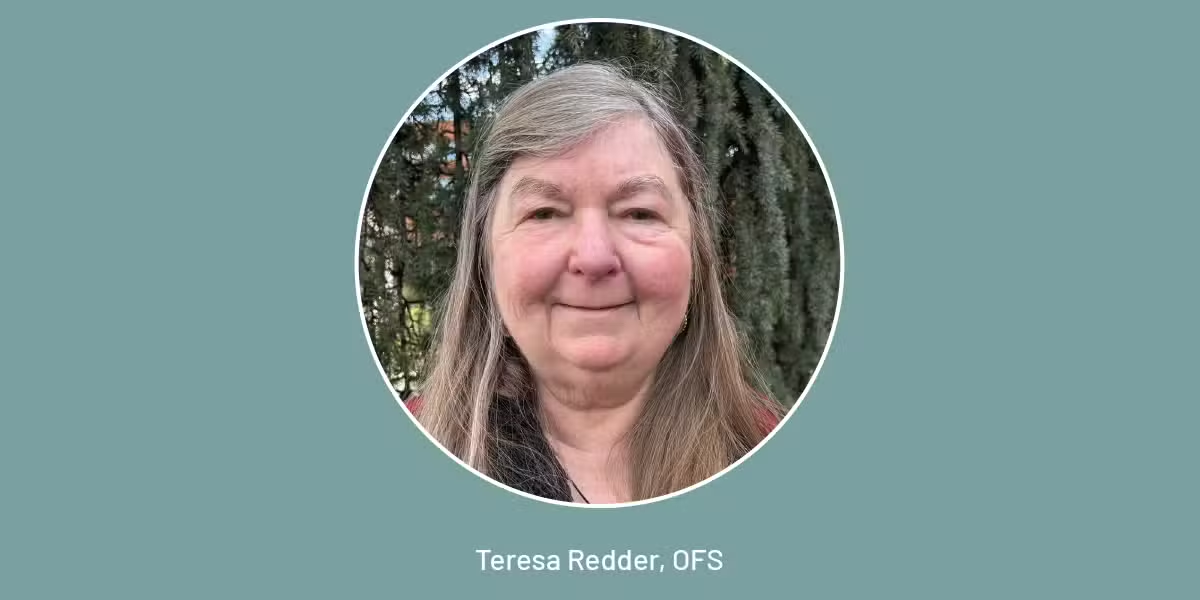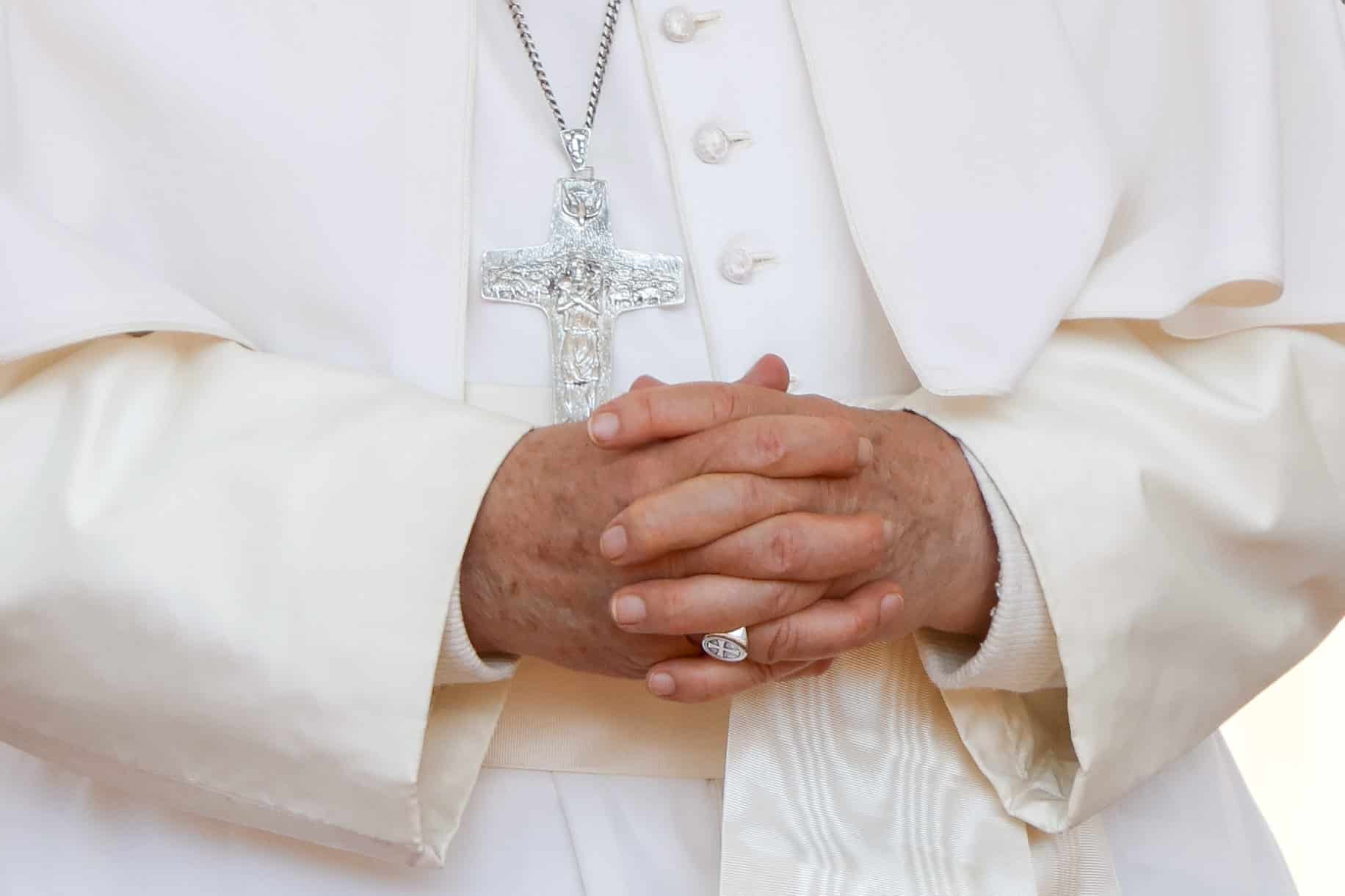Some dioceses allow eulogies at funerals, and others do not. Why is this?
This question arises frequently. According to the 1989 Order of Christian Funerals (the ritual book used by Catholics in the United States), “A brief homily is given after the Gospel reading” (#166).
The Order of Christian Funerals earlier instructs: “A brief homily based on the readings is always given after the Gospel reading at the funeral liturgy and may also be given after the readings at the vigil service; but there is never to be a eulogy. Attentive to the grief of those present, the homilist should dwell on God’s compassionate love and on the paschal mystery of the Lord, as proclaimed in the Scripture readings. The homilist should also help the members of the assembly to understand that the mystery of God’s love and the mystery of Jesus’ victorious death and resurrection were present in the life and death of the deceased, and that these mysteries are active in their own lives, as well.
“Through the homily, members of the family and community should receive consolation and strength to face the death of one of their members with a hope nourished by the saving word of God” (#27).
A eulogy, on the other hand, aims to summarize a person’s life and may include praise of the deceased person’s golf prowess, culinary skill, or the speaker’s favorite memory of the deceased. All these things may be true, but they do not necessarily help those present to see the paschal mystery at work in the life of that person.
Some parish funerals invite a family member or friend to offer a few words of remembrance after Communion. I have been to Catholic funerals where a eulogy was very effectively offered before the Mass began.








